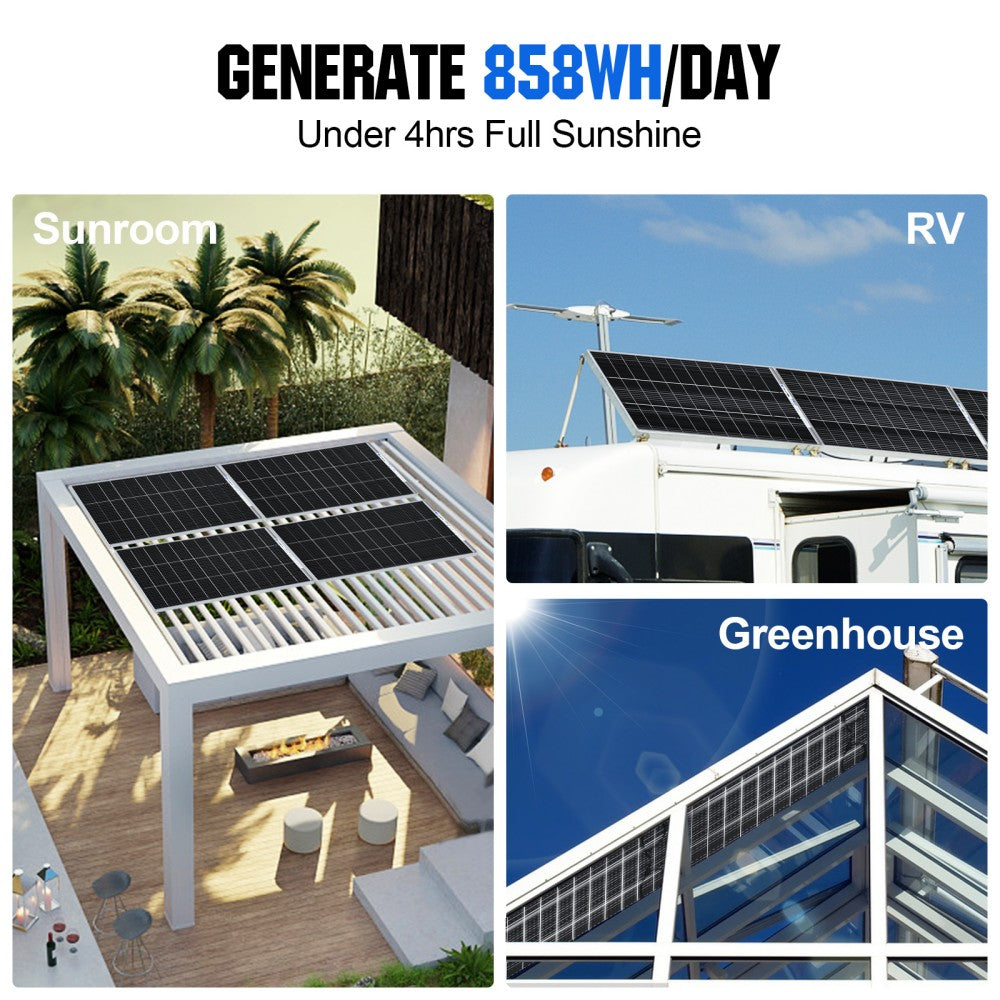How to Choose the Right Solar Panels for Your Home: A Comprehensive Guide
الجسم
As the world increasingly turns towards renewable energy, solar panels for house installations have become a popular choice for homeowners. However, selecting the right solar panels can be a daunting task. This guide aims to simplify the process, ensuring you make an informed decision.

Understanding Solar Panel Types
When considering solar panels for house use, it is essential to understand the different types available:
- Monocrystalline Solar Panels: Known for their high efficiency and sleek appearance, these panels are made from a single crystal structure.
- Polycrystalline Solar Panels: These panels are slightly less efficient but are often more affordable, making them a popular choice for budget-conscious homeowners.
- Thin-Film Solar Panels: Lightweight and flexible, these panels can be integrated into various surfaces but generally offer lower efficiency.
Assessing Efficiency and Performance
Efficiency is a critical factor when selecting solar panels for house installations. The efficiency rating indicates how much sunlight a panel can convert into usable electricity. Typically, higher efficiency panels may cost more upfront but can lead to greater savings in the long run. When evaluating performance, consider the following:
- Temperature Coefficient: This indicates how well the panel performs in high temperatures.
- Warranty: A longer warranty often reflects the manufacturer's confidence in their product.
- Degradation Rate: This measures how much efficiency a panel loses over time.
Installation Considerations
Once you have chosen the right type and efficiency of solar panels for house use, the next step is installation. It is advisable to engage a professional installer to ensure optimal placement and performance. Factors to consider include:
- Roof Orientation: South-facing roofs typically receive the most sunlight.
- Shading: Ensure that trees or buildings do not obstruct sunlight.
- Local Regulations: Check for any permits or regulations in your area regarding solar panel installations.
Cost and Financial Incentives
The initial investment in solar panels for house installations can be significant. However, various financial incentives, such as government grants and tax credits, can help offset these costs. Additionally, consider the long-term savings on energy bills, which can make solar panels a financially sound choice.
For those interested in exploring options, you can find a range of solar panels at . This resource can help you compare different products and find the best fit for your home.
Conclusion
Choosing the right solar panels for house installations involves careful consideration of various factors, including type, efficiency, installation, and cost. By understanding these elements, you can make an informed decision that benefits both your home and the environment.










تعليقات